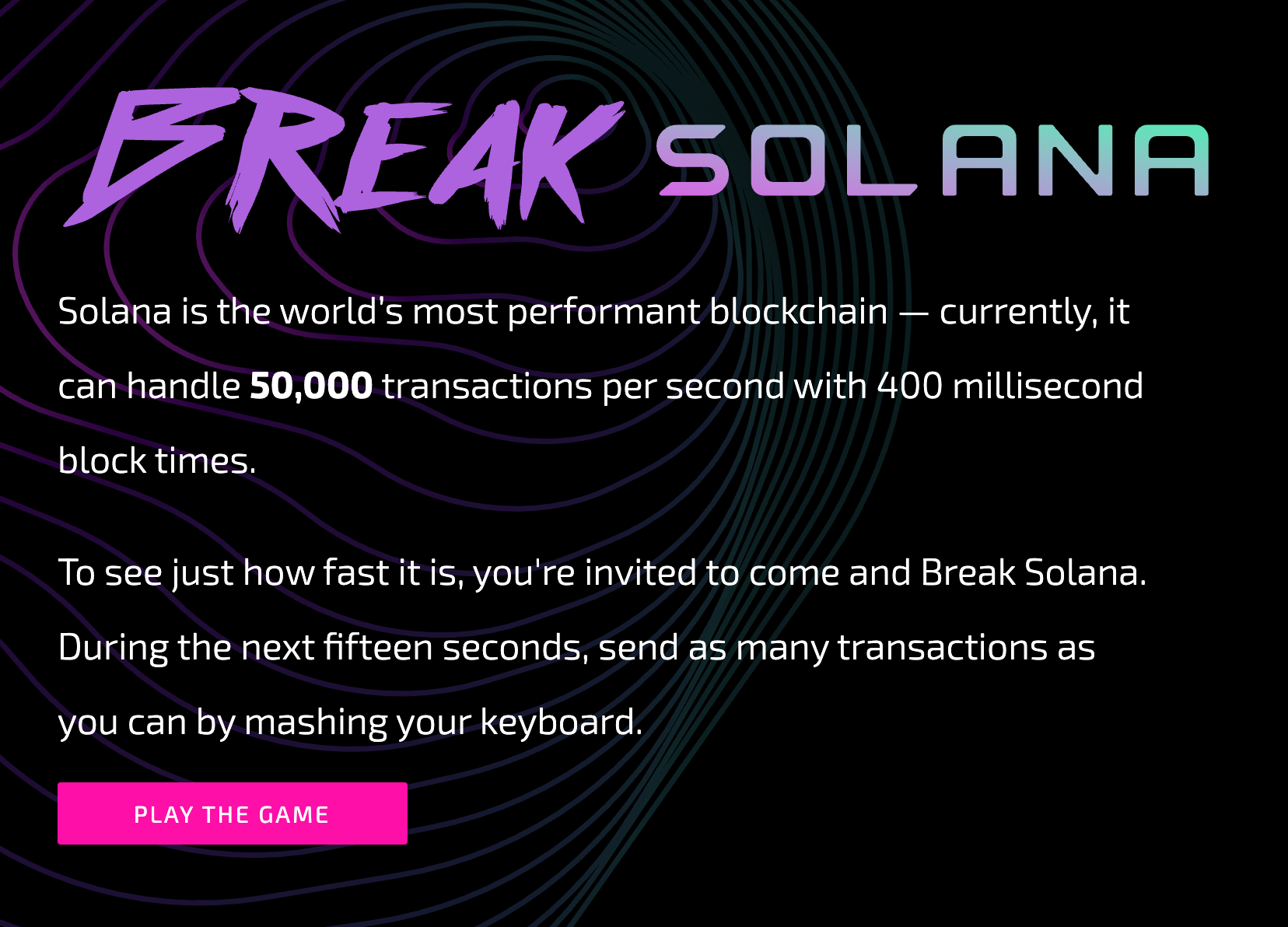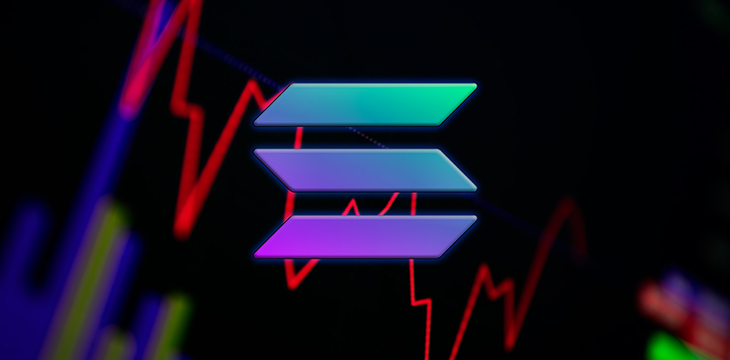|
Getting your Trinity Audio player ready...
|
Solana, the Andreesen Horowitz-funded blockchain of the season, had a major event this week, and not the kind that you would expect from the hotshot blockchain managed under the guidance of CEO Anatoly Yakovanko. Solana had a transaction flood incident which split the network as validators came out of sync with one another under a possible denial of service attack. Their solution? Just reboot it. Solana was down for half a day as central planners decided how to proceed.

Before twisting the knife, it’s important to point out that Solana has built something functional, and created a hotbed of people who understand that Ethereum can’t scale, but that the blockchain revolution needs to be able to work for the world. They believe in Layer 1 scaling. On that notion, big blockers share a kinship, and we should acknowledge that there could be opportunities to break bread with Solana alumni should they decide to port their ideas to the BSV blockchain.
So what is Solana?
Well, it’s essentially an Ethereum 2.0 competitor with some special trimmings, a variation on the proof of stake consensus algorithm called “proof of history,” and a very fast block time (400 milliseconds). Their network structure allows for horizontal scaling (like Teranode), parallelization in computation and also has smart contracts programmable in the extremely efficient Rust language. Those things combined make for a fast user experience and a seemingly limitless potential to scale by adding validators to the network. But all is not well in the Solana ecosystem.
I remember when EOS and TRX were going to change the world, and I remember a bunch of others that came before them. In fact, I made a pretty fateful tweet about it one day before Solana went offline about how Solana’s days are numbered just like their predecessors.
I survived Raiblocks, IOTA, EOS, Tron, ByteBall… shoot, I remember when Ethereum was supposed to be a scaling blockchain!
We will survive the rise and fall of Solana too.
When people actually need a protocol that scales, there’s #bitcoin #BSV
— Kurt Wuckert Jr | GorillaPool.com (@kurtwuckertjr) September 13, 2021
Unfortunately for Solana, on September 14, the blockchain lost synchronization for the second time in nine months due to the fact that part of the consensus structure in proof of history still requires network-wide synchronization. This is a trade off in order to easily replicate “state” in a Turing complete system like Ethereum, and while Solana mitigates some of the issues with their unique approach at the transaction level, the consensus method is fundamentally inferior to parallelizing competitive consensus in Bitcoin.
Their other problems arise from an inherent problem with proof of stake: unfair distribution leading to centralized governance. Solana was launched in an ICO where seed partners, founders, a foundation and community fund were all given pre-mined tokens. Not only does this almost certainly make the SOL token a security, but it also kicks off the network from a position of all validators being tied to stake which was provided by insiders. This is innately centralizing in governance, which is illustrated by the fact that the network was able to essentially be rebooted every time it has come out of sync. This begs the question about the point of decentralization in the first place.
So what now?
Well, Bitcoin fixes this! Proof of work is not just a fair distribution model. It is the only fair governance model, and it is truly the only way to scale. In a UTXO system where consensus is competitive, long chains of unconfirmed transactions can be trusted as long as honest nodes rule the network. This is why Bitcoin does not fall out of sync. While there are some implementation lessons that could be learned from Solana, the protocol is far more fragile than Bitcoin and does not really offer anything superlative.
Bitcoin SV is capable of Turing complete smart contracts, global scale, on chain NFTs with all art stored in the ledger, and so much more. After digging into the Solana white paper and some of their public literature, it even seems like they have studied Satoshi in some detail, but the original design was made in a specific balance for reasons which are crucial to security, scalability, and usability over a very long time horizon.
Someday, it would be nice to see their developers and entrepreneurs understand this and join us!

 02-17-2026
02-17-2026 




